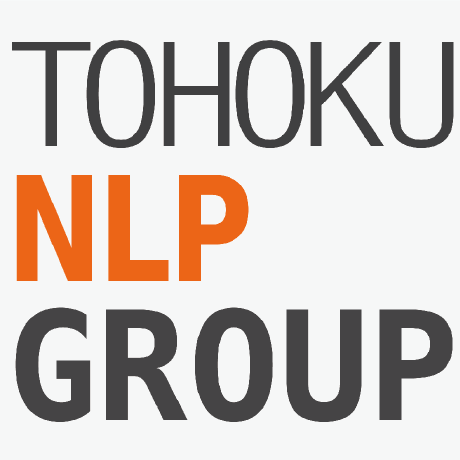Discover and explore top open-source AI tools and projects—updated daily.
AIGC_text_detector by  YuchuanTian
YuchuanTian
Research paper code for AIGC text detection using positive-unlabeled learning
Top 75.8% on SourcePulse
This repository provides official code for "Multiscale Positive-Unlabeled Detection of AI-Generated Texts," an ICLR'24 Spotlight paper. It addresses the challenge of detecting AI-generated text using a novel Positive-Unlabeled (PU) learning approach, offering high accuracy for researchers and developers working on AI content authenticity and security.
How It Works
The project implements a multiscale Positive-Unlabeled detection strategy. It leverages PU learning, a technique suitable for scenarios where only positive (AI-generated) and unlabeled data are available, by treating human-generated text as unlabeled. The approach uses models like RoBERTa and BERT, with specific training strategies and data preprocessing (like redundant space removal) to enhance detection performance across different text granularities (full documents vs. sentences).
Quick Start & Requirements
- Install dependencies:
pip install -r requirements.txt - Download datasets to
./dataand NLTK'spunktpackage. - Training requires NVIDIA GPU with CUDA.
- Official HuggingFace demos and APIs are available.
- Paper: https://arxiv.org/pdf/2305.18149.pdf
Highlighted Details
- Achieves 98.40% accuracy on HC3-Full-En and 85.31% on HC3-Sent-En with RoBERTa (seed average).
- Offers both English (en v2) and Chinese (zhv2) detectors, with the latter matching SOTA closed-source performance.
- Includes data cleaning scripts and pre-trained models on HuggingFace.
- Utilizes a
dual_softmax_dyn_dtrunPU learning strategy with data augmentation.
Maintenance & Community
The project is associated with the ICLR'24 conference and has released models on HuggingFace. Future updates are planned to align with the latest LLMs.
Licensing & Compatibility
The repository's license is not explicitly stated in the README. However, it acknowledges referencing OpenAI's gpt-2-output-dataset repository, which is typically under a permissive license. Compatibility for commercial use would require explicit license confirmation.
Limitations & Caveats
The README mentions that for experiments in the paper, the original HC3 dataset should be used, while a cleaned version is provided separately. The specific license for the code and models is not clearly defined, which may impact commercial adoption.
6 months ago
1 week

 ymcui
ymcui bubbliiiing
bubbliiiing boat-group
boat-group llm-jp
llm-jp cl-tohoku
cl-tohoku YangBin1729
YangBin1729 Hello-SimpleAI
Hello-SimpleAI hwalsuklee
hwalsuklee pytorch
pytorch Morizeyao
Morizeyao brightmart
brightmart